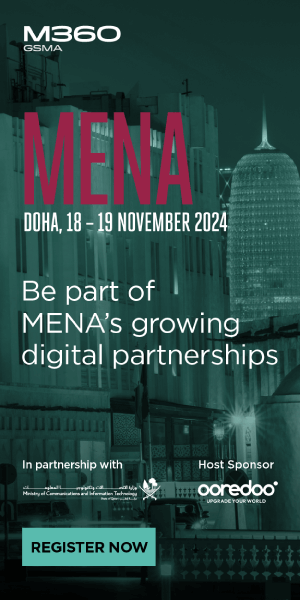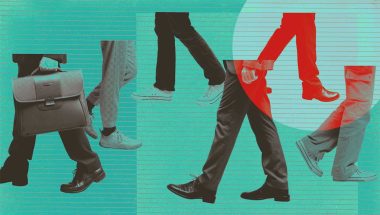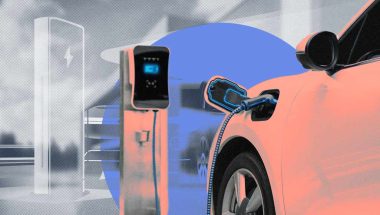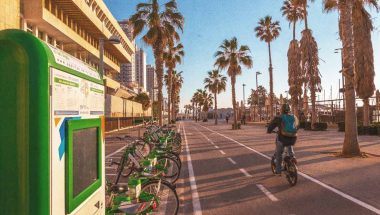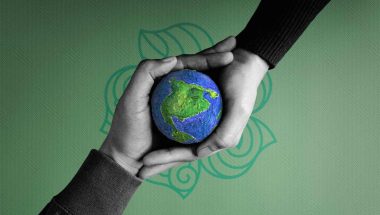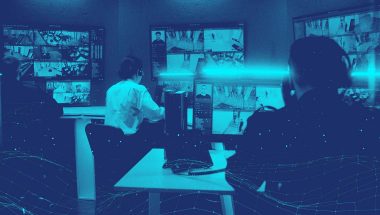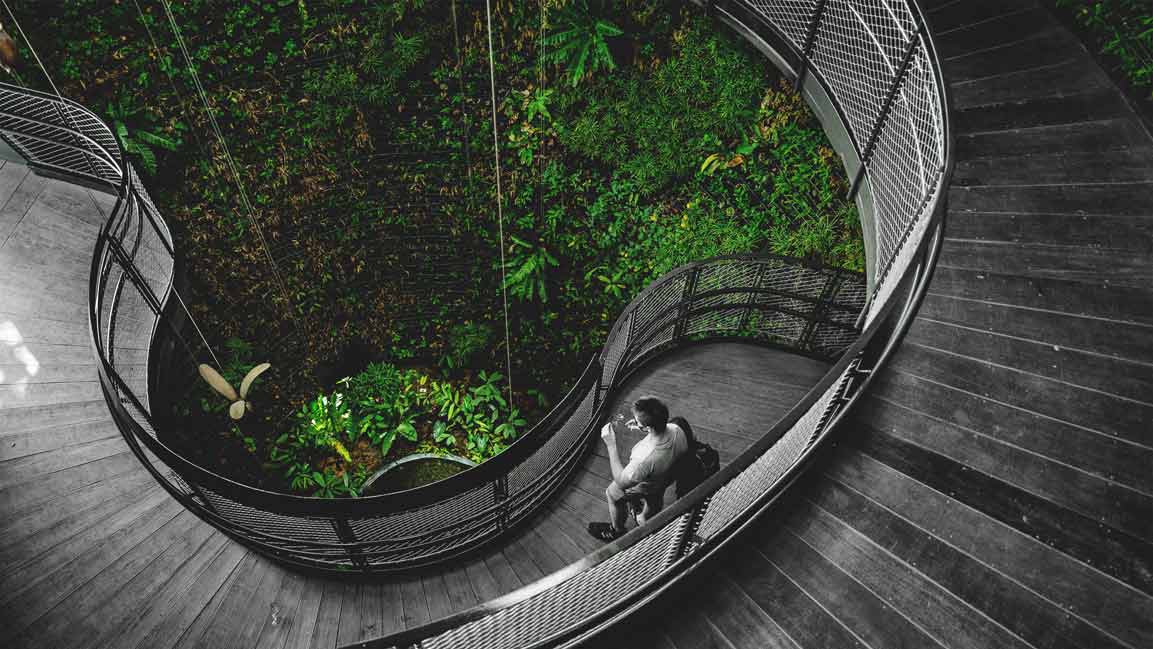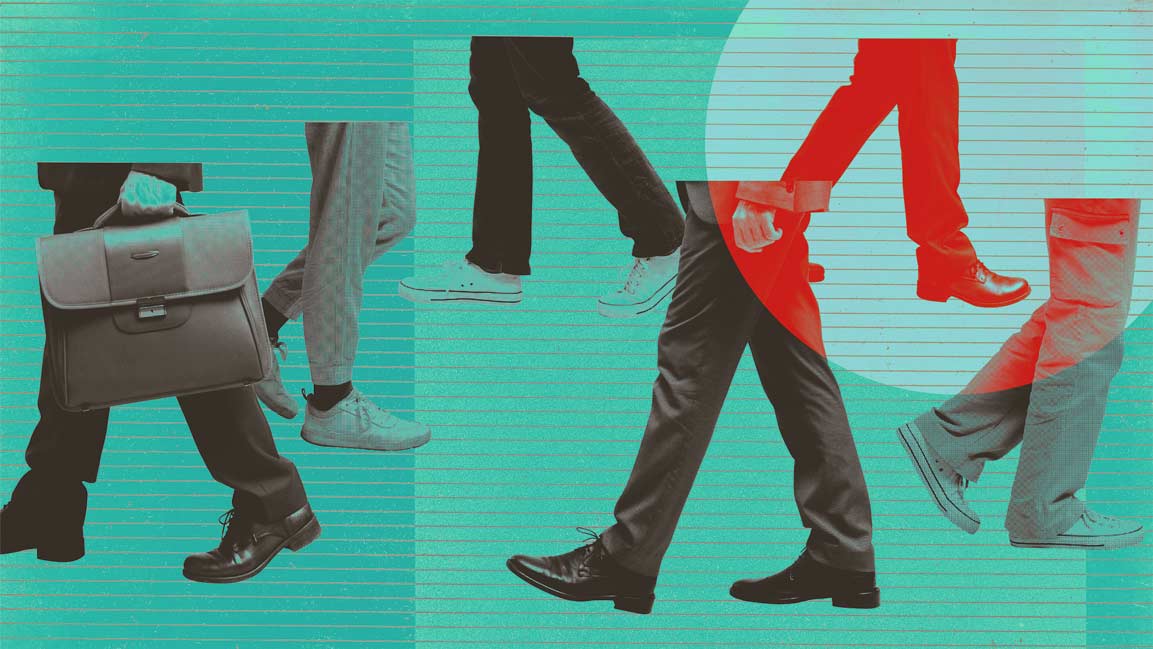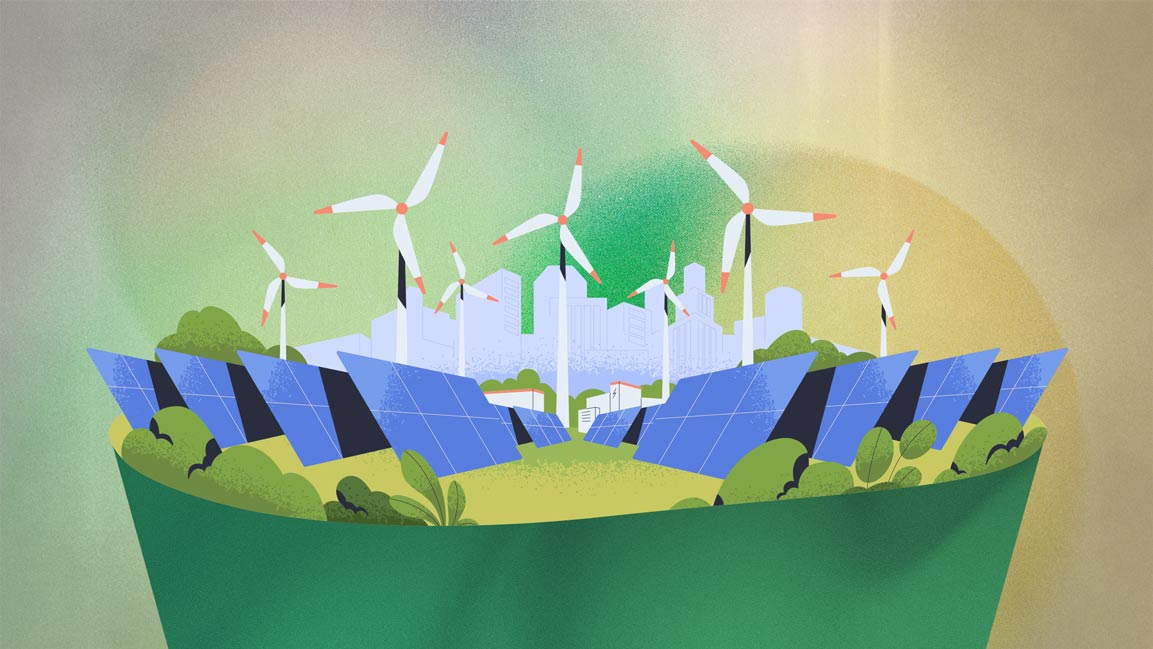- | 9:00 am
She is on a quest to heal Arab women who bear the psychological scars of war
Social entrepreneur turned mental-health activist Sheikha Intisar AlSabah talks about how she’s helping women exposed to the trauma of war and violence, providing them with psychological support.
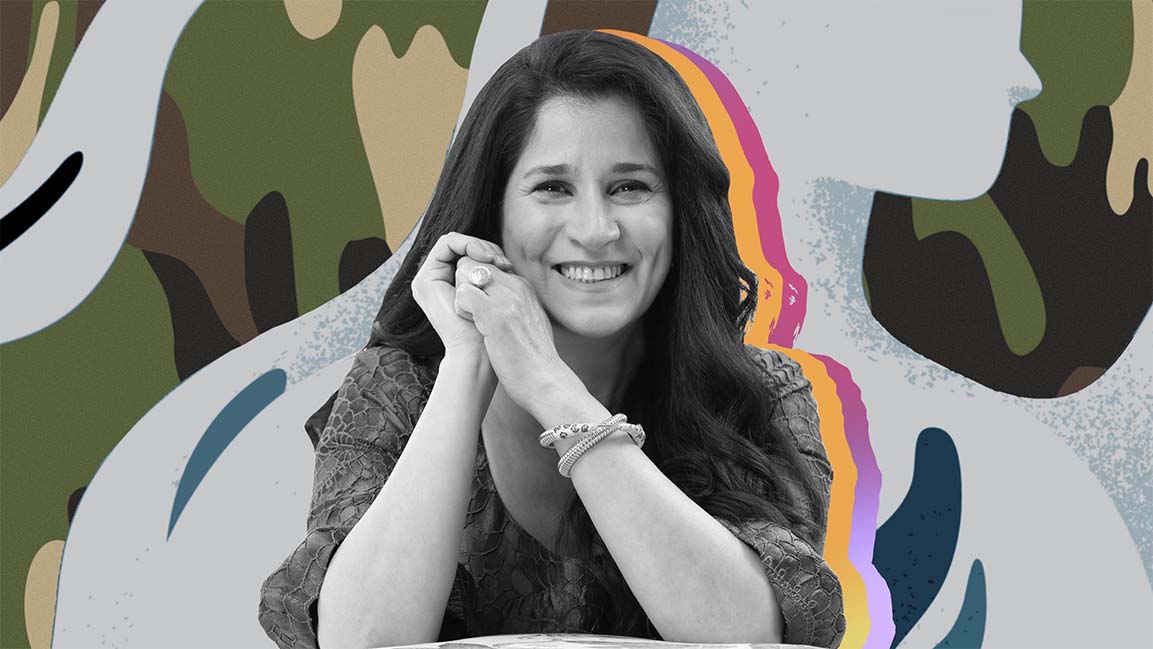
The lowest points of one’s life can often be a breakthrough. The Iraqi Invasion of Kuwait in the 90s claimed many people’s lives. They were killed simply for who they were. Afterwards, the international community provided food, water, and tents. Countries offered help with the reconstruction of Kuwait’s physical infrastructure. But the psychological distress of the trauma that Sheikha Intisar AlSabah, and many others, had suffered went largely ignored.
She recognized what was happening to her. It empowered her and set her on a different path.
“My openness today comes from the safety of being vulnerable. Talking about my war trauma caused by the Iraqi invasion of Kuwait and the things that 99% of other Arab women will not talk about comes out of a sense of security,” says the princess of the AlSabah family, the ruling family of Kuwait.
She founded the Intisar Foundation to provide psychological support to Arab women traumatized by war and violence. The non-profit conducts research and collects data on mental health and post-war trauma across the Arab world, surveying its beneficiaries who live in refugee camps in Lebanon and Jordan.
“I have enough self-worth to know I deserve better than my past experiences. I have come to this point because I was given the psychological support that I now want to provide to other Arab women affected by war and violence,” she adds.
ACCESS TO MENTAL HEALTH
Arab countries have a long history of wars, armed conflicts, and regional instability that affect every aspect of people’s lives. In less developed, more poverty-stricken parts of the Arab region, mental illness stigma is higher, while access to mental health support is limited. “Even in richer Arab countries, mental health support is too often associated with forced stays at mental institutions,” says AlSabah.
A lot of Arab people, not only women, are exposed to situations that lead to them having mental health challenges. However, she believes conditions are worse for women than for men. “Women are more vulnerable to the psychological impact of war and violence as they are often the most badly affected and least likely to be the perpetrators of violence.”
When seeking psychological support, Arab women face numerous cultural obstacles. For instance, Arab women are expected to have fewer interactions in public spaces, including hospitals, than Arab men. “Therefore, for many Arab women accessing psychiatric facilities may be highly unsafe. Other related issues include those Arab women traumatized by war and violence would find spending an hour with a therapist in a closed room deeply distressing, even if it was with a female and Arabic-speaking therapist.”
These insights suggest that transitioning from more commonly used mental health interventions for war refugees, such as cognitive behavioral therapy, is imperative.
“Treating their trauma and helping them overcome it is the most important part. We might not be able to change their past, but by providing them psychological support, we will be able to change their present and future,” says AlSabah.
INNOVATING IN MENTAL HEALTH
The Intisar Foundation has been using drama therapy to facilitate change and promote mental health. AlSabah says innovating in the mental health space can sometimes be as simple as utilizing a different approach. “But sadly, that is often overlooked in the Arab world.”
The foundation molded and adjusted the Western concept of drama therapy to suit the social and cultural context of Arab women who live in refugee camps across Lebanon and Jordan. “And we have witnessed their incredible transformation. This would not have been achieved with talk therapies or simply downloading a meditation app or anything similar.”
For instance, after a three-month program in a refugee camp in Lebanon, 78% experienced increased self-esteem, 69% experienced a reduction in PTSD, 94% experienced a decrease in depression, and 75% experienced an anxiety reduction.
“Interestingly, drama therapy can change deeply entrenched cultural narratives, such as child marriages, due to a newly-adopted belief that they can protect their daughters by encouraging them to gain education instead of marrying them off. Or female victims of domestic violence standing up to their abusers,” she says.
SOCIAL ENTREPRENEURSHIP
She describes herself as an entrepreneur and philanthropist as well. She says that she launched her jewelry brands, Intisars and Ebbarra, to empower the wearer rather than to accessorize. “Both brands are social enterprises because they donate a large part of their proceeds to implement drama therapy programs through the Intisar Foundation.”
“Social entrepreneurship has been a strong feature of the MENA region long before the West shared their ideas with us,” says AlSabah.
She adds that social entrepreneurship is about enterprising individuals solving problems in their local communities and building a business around that solution to make it sustainable. “We know that finding a way to help those in need is part of our culture across the GCC, and we also know that our people are very entrepreneurial.”
Throughout her career, AlSabah has worked to shed light on health, education, women’s empowerment, child protection and started initiatives for youth, including anti-bullying outreach, positive learning in schools.
“I decided I should not wait for anyone else to bring more kindness and smiles into my country but to do it myself. And I did it,” she says.
In 2015, a turtle named after her — Intisar — was tagged and released with a GPS to study the path of turtles leaving Kuwait and traveling around the world.
“We all can find a way to work on different causes, not all of them can be supported in the same way, but even a little bit of our time and energy might be enough to effect change in a particular area,” she says.
But for AlSabah, there’s still much to do. Change is hard in a region that is not conflict-free, continuing with stigma and limited access to mental health.
Her long-term goal is to reach one million Arab women by 2050 and work for peacebuilding within Arab communities. Why? “Because we believe that an Arab woman who has overcome war trauma will become the most impactful peacemaker.”






